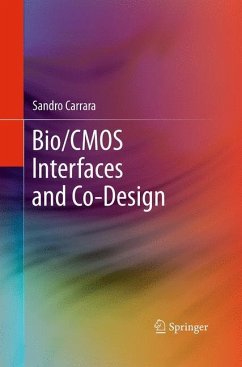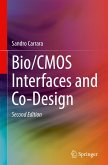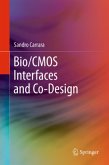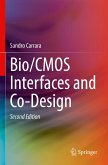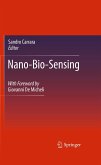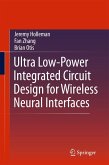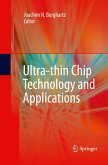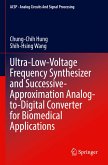The application of CMOS circuits and ASIC VLSI systems to problems in medicine and system biology has led to the emergence of Bio/CMOS Interfaces and Co-Design as an exciting and rapidly growing area of research. The mutual inter-relationships between VLSI-CMOS design and the biophysics of molecules interfacing with silicon and/or onto metals has led to the emergence of the interdisciplinary engineering approach to Bio/CMOS interfaces. This new approach, facilitated by 3D circuit design and nanotechnology, has resulted in new concepts and applications for VLSI systems in the bio-world.
This book offers an invaluable reference to the state-of-the-art in Bio/CMOS interfaces. It describes leading-edge research in the field of CMOS design and VLSI development for applications requiring integration of biological molecules onto the chip. It provides multidisciplinary content ranging from biochemistry to CMOS design in order to address Bio/CMOS interface co-design in bio-sensing applications.
This book offers an invaluable reference to the state-of-the-art in Bio/CMOS interfaces. It describes leading-edge research in the field of CMOS design and VLSI development for applications requiring integration of biological molecules onto the chip. It provides multidisciplinary content ranging from biochemistry to CMOS design in order to address Bio/CMOS interface co-design in bio-sensing applications.
From the reviews:
"The best audience for the book is readers with a graduate-level knowledge of chemistry, microelectronics, or microelectronic manufacturing. ... the book is excellent, with a mastery that shines light on a difficult topic in a progressively built context. I recommend it as a great pedagogical resource for graduate seminars and lectures, or as a reference for teams working in industrial research and development." (Cherif Keramane, Computing Reviews, September, 2013)
"The best audience for the book is readers with a graduate-level knowledge of chemistry, microelectronics, or microelectronic manufacturing. ... the book is excellent, with a mastery that shines light on a difficult topic in a progressively built context. I recommend it as a great pedagogical resource for graduate seminars and lectures, or as a reference for teams working in industrial research and development." (Cherif Keramane, Computing Reviews, September, 2013)

